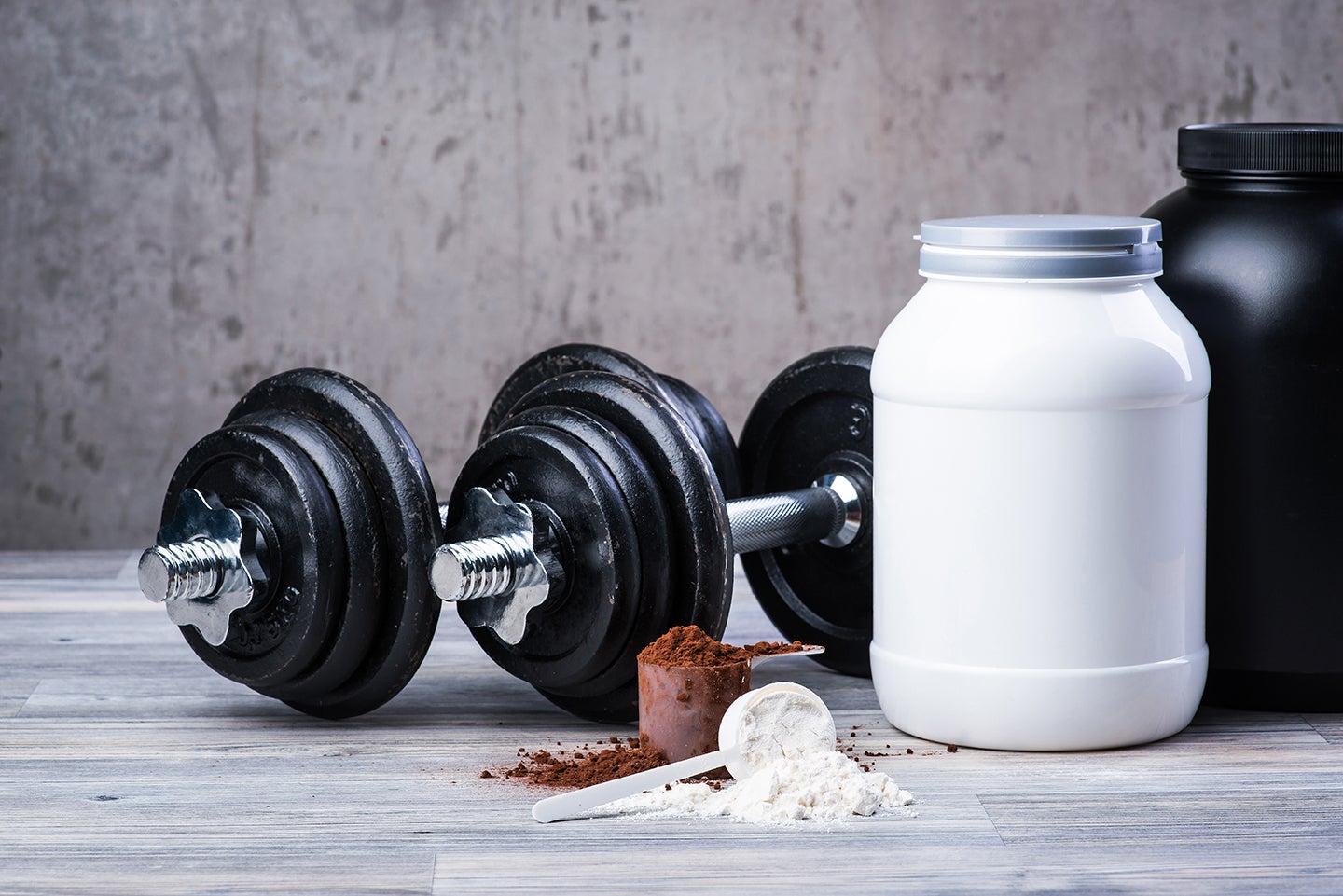How to Choose a Plant-Based Protein Powder

You want to increase your protein intake, and protein powders are a viable option for busy people on the go. Now the decision is down to animal versus vegetable. Which direction should you go? Your conscience might be swaying you toward a vegetable protein powder because you’ve been wanting to go vegan/vegetarian but don’t want to fall short on your protein intake.
Why Opt for a Plant-Based Protein Powder?
If you’re lucky enough to make it to the year 2050, a group of Oxford researchers say that a shift from animal- to plant-based diets could potentially save 8.1 million lives per year. We could see a decrease in mortality by 10 percent. There may be a 70 percent reduction in food-related greenhouse gas emissions, a savings of $1,067 billion in health-related costs and a $570 billion savings in avoided environmental harm annually.
How to Choose the Right One
When choosing a protein powder, the object of the game is to meet your protein requirements as effectively as you would if you were to eat a piece of meat. In other words, you want to get all nine essential amino acids in each serving. Unlike animal-based protein powders, not all plant protein powders can offer optimal levels of all nine essential amino acids. Rice protein is higher in sulfur-containing amino acids cysteine and methionine but low in lysine, while pea protein powder is high in lysine but lower in cysteine and methionine. Despite falling short on lysine, one study, published in Nutrition Journal, did show equal improvement in markers of post-exercise performance and body composition for rice and whey protein consumers. A 2015 study in the Journal of the International Society of Sports Nutrition showed that men who consumed pea protein after their lifting sessions had the same increases in biceps size as those who opted for whey protein.
Hemp and soy protein powders contain appropriate levels of all nine essential amino acids. While soy contains as much protein per serving as a whey protein powder, hemp protein powder contains 44 percent less protein per 30-gram serving. Unlike most protein powders, hemp protein does contain fat and at the desired 3:1 ratio of omega-6 to omega-3 fats. This ratio will help favor the anti-inflammatory pathways, and if you decide to blend your hemp powder with some leafy greens, the fat will help you absorb those beneficial antioxidants.
Protein powders almost invariably need additives to help them either blend in liquids (emulsify) or to taste palatable (sweeteners and flavor enhancers). Plant-based protein powders are no exception. An emulsifier usually has the word gum stuck to it: xanthan gum, guar gum and lecithin. Lecithin can come from soybeans or egg yolks, so if you’re soy sensitive or trying to be vegan, you’ll want to avoid this additive. Xanthan gum is a sugar-like compound made by mixing aged, fermented sugars with a certain type of bacteria. Guar gum is from the guar plant seed. Xanthan and guar gum have laxative effects, while lecithin is used in the treatment of memory disorders such as dementia and Alzheimer’s disease.
Artificial colors and sweeteners can be found in most man-made products, so compare plant-based protein powders to find one without additives. Some plant-based protein powders may lure you with beneficial ingredients such as fibers; others may boast additional vitamins and superfoods. But if you’re new to plant-based protein powders and are not sure which food intolerances you may possess, remember that less is more.
Pea and rice protein powders will be higher in protein grams per 30-gram serving, but hemp protein powder has nearly double the iron content of rice protein, 40 times more iron than pea protein, and 10 times more magnesium than either rice or pea protein. Plus, hemp protein powder has 25 percent of the Daily Value for zinc, which is not found in any other plant-based protein powder.
The Verdict
The decision comes down to this: Do you just want protein in your plant-based powder, or will you sacrifice a little protein for some additional minerals and omega-3 fats? No matter which plant protein you choose, look for brands that state their pea, rice or hemp was grown in the U.S. and ideally grown organically.